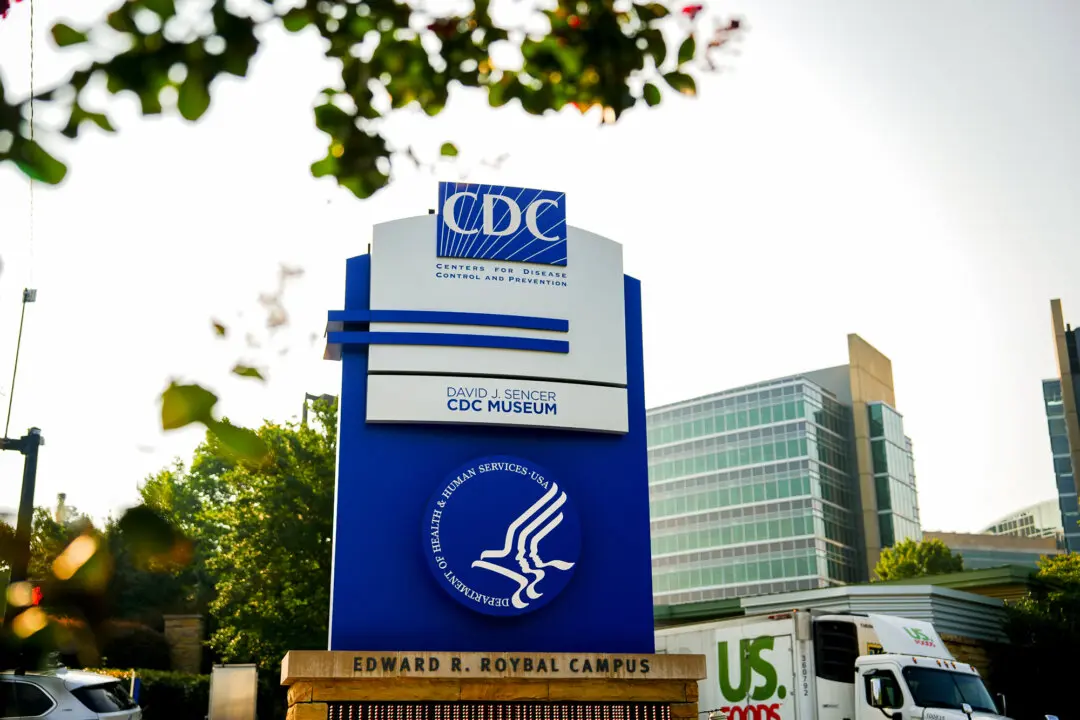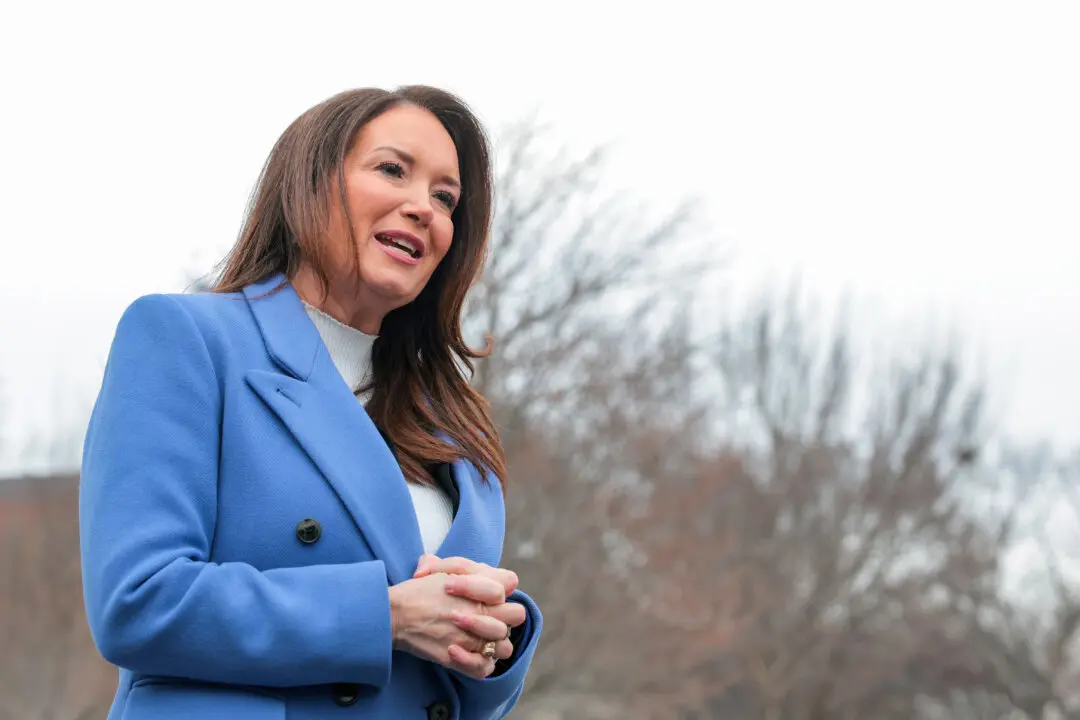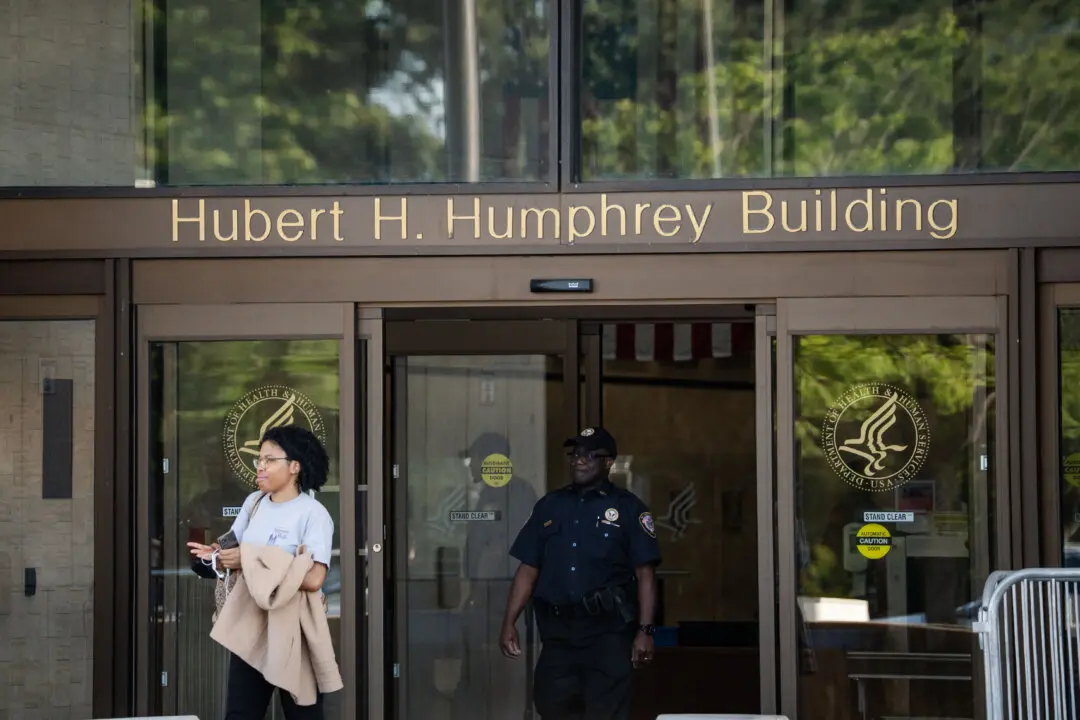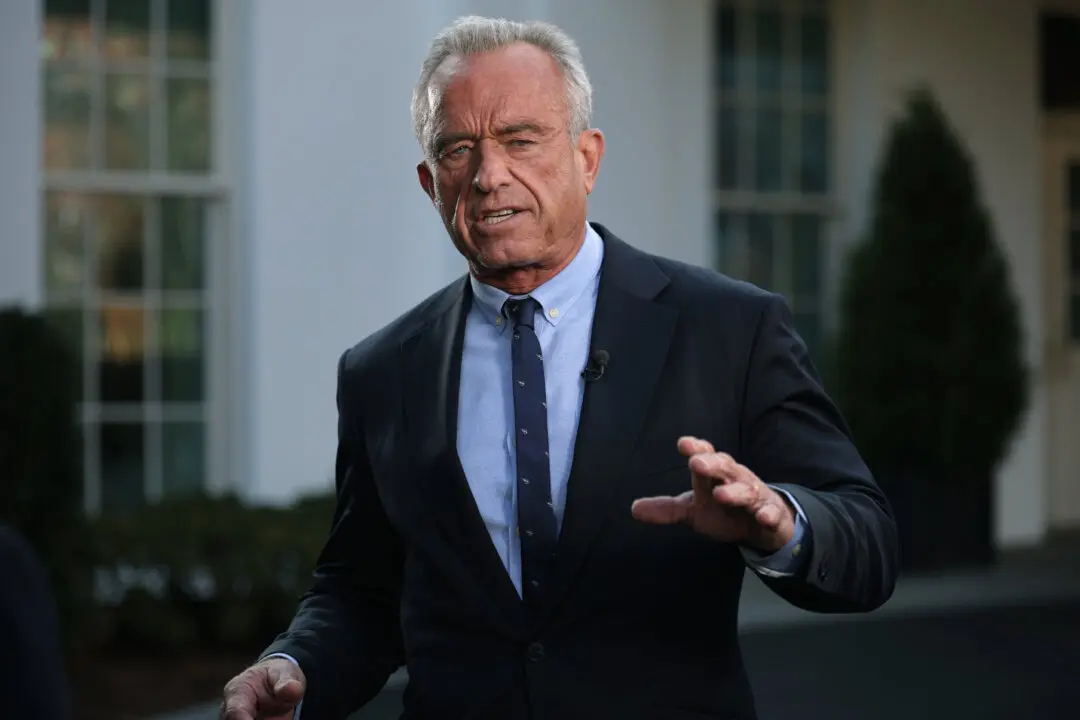President Donald Trump being on the road to recovery from COVID-19 shows the importance of early treatment, Dr. David Samadi told The Epoch Times.
“If the disease gets ahead of you, and gets ahead of our medical treatment, that’s when people start to get into trouble. And once you get on the ventilator and intubation, it’s a nightmare,” Samadi said on Tuesday.





